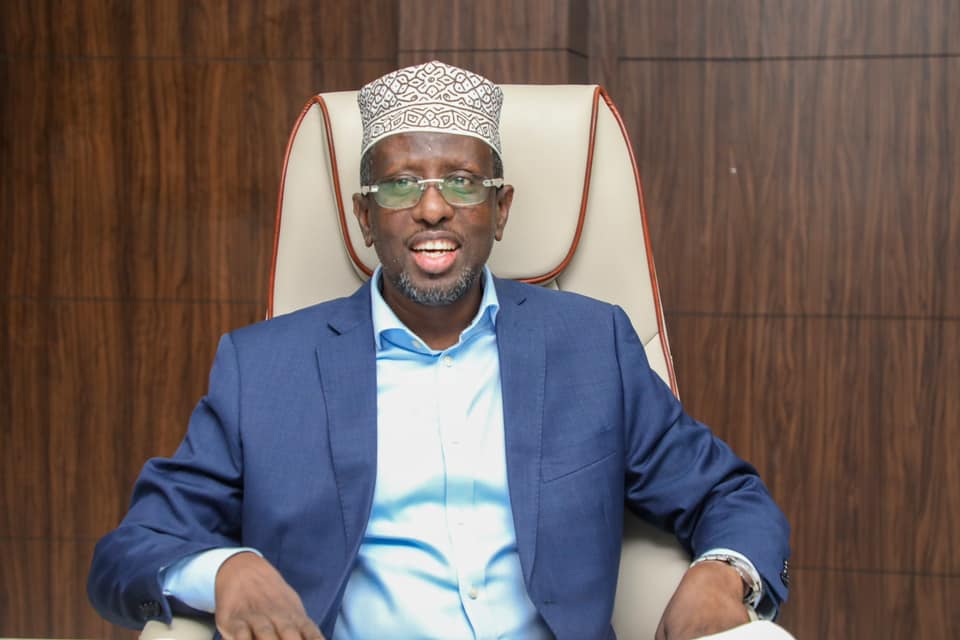Eskom says broken transformer can’t be fixed again because the area is high risk
- A Eskom transformer servicing an area in which several welfare organisations and a branch of the Gauteng social welfare department is situated, broke down more than a year ago.
- The organisations have been using generators at considerable cost.
- Eskom has blamed illegal connections from nearby homes for the repeated breakdowns.
- Eskom says the transformer can’t be fixed again because the area is too risky for its technicians.
Several welfare organisations in Diepsloot, Johannesburg have had no Eskom electricity for more than a year. The power utility says the transformer has been broken by illegal connections and can’t be fixed because the area is too dangerous for their technicians.
The transformer supplying the offices of the South African Depression And Anxiety Group (SADAG), and Lawyers Against Abuse in Diepsloot township broke down in May 2023.
The organisations, which operate from containers in a fenced enclosure, say this has put great pressure on already stretched resources and made their work even harder.
Eskom says the transformer broke down repeatedly because of illegal connections from the nearby informal settlement in Extension 2. It was moved onto the property of the Gauteng Department of Social Development which operates an office on the block, but was damaged again.
SADAG development manager Fatima Seedat said the lack of electricity was very disruptive.
“We are situated in an already overburdened and under-serviced community. The impact of no electricity does put a strain on everyone,” she said.
Seedat said they had to adapt to using noisy generators and gas heaters when it was cold.
Neighbouring Family Africa had been supplying food for SADAG clients but the lack of electricity made this difficult, she said.
Lindsay Henson, executive director of Lawyers against Abuse, said the full time use of generators had pushed up their costs. Lawyers against Abuse provides legal services, therapy and counselling for women and children who have experienced rape, abuse, and other forms of violence.
“We operate a walk-in Centre in Diepsloot where we provide all our services to the community free of charge. Not having electricity for the past year has had a significant impact on our work,” she said.
“Generators are not meant to run continuously 50 hours a week. As a result, there have been many times when our generators have broken down and we’ve had to send them for repairs. During these times, we’ve not been able to operate at all. We have now purchased three generators that we alternate each day to stay operational,” Henson said.
“In addition to the exorbitant financial costs of running a generator 50+ hours per week, it has required significant staff time each day to maintain these generators, refuel on a daily basis, and move generators inside and outside of our centre. This is time that should be better spent actually doing the work of the organisation – assisting those who have experienced abuse. Having these generators also creates an unnecessary safety risk for staff and for our centre from those who may want to steal the generators.”
The transformer was also supplying electricity to the offices of the Gauteng Social Development Department. Spokesperson Motsamai Motlhaolwa declined to comment and referred GroundUp to Eskom.
Eskom Gauteng Spokesperson Amanda Qithi blamed people in nearby homes for the breakdown of the transformer. “In most areas within Diepsloot, communities have illegally installed their own transformers on the Eskom network, in the process damaging the electricity infrastructure and making it unsafe for Eskom technicians to operate on. The communities’ illegal operations on the Eskom network make it inoperable and unsafe,” she said.
“We urge the community of Diepsloot to partner with Eskom in reducing or preventing prolonged outages in the area by refraining from conducting illegal electricity-related activities as they do not only negatively affect Eskom, but they also inconvenience law-abiding, paying customers and community service points such as this social development office.”
Qithi said it was not possible to put in a dedicated transformer for the welfare offices. “Eskom’s network configuration does not allow for dedicated supply lines to paying customers, making it impractical to service them separately, which is the reason why the offices are still without electricity supply.”
Asked when the transformer would be fixed, she said: “This transformer has been fixed a number of times. We have also moved it inside the customer premises to protect it from unauthorised operations and illegal connections from the community. However, these illegal acts continue to happen. This area is currently classified as a red/ high-risk zone. Therefore, our operators do not work in this area as it is risky for them.”










